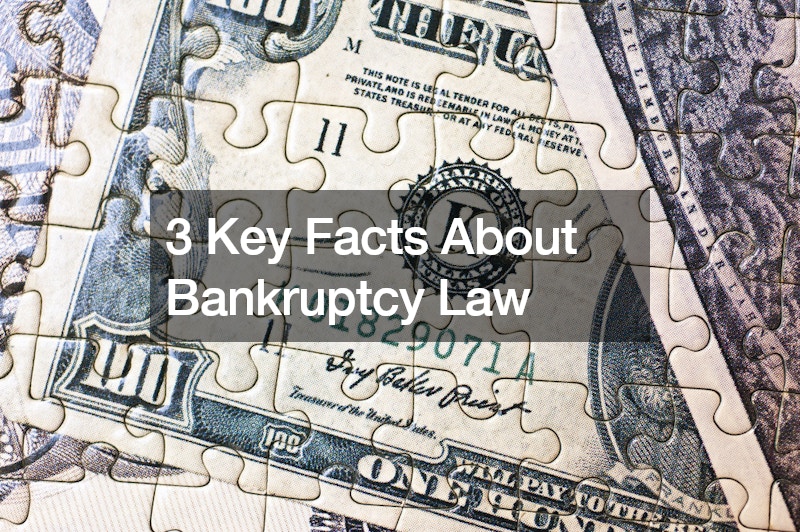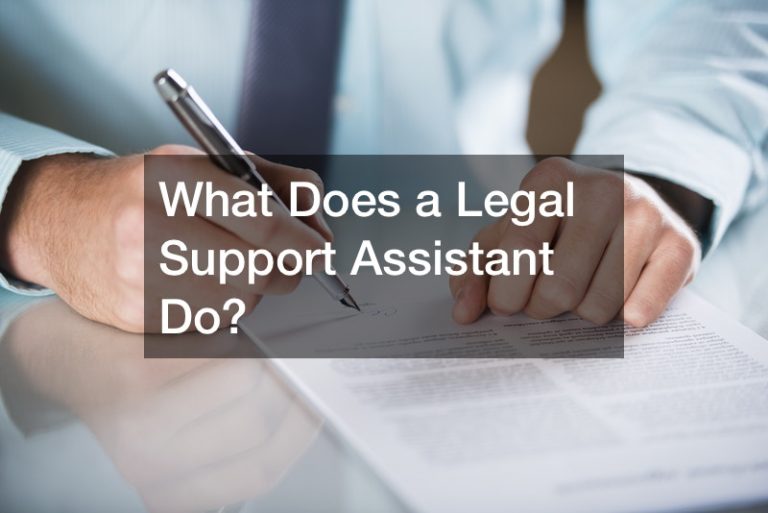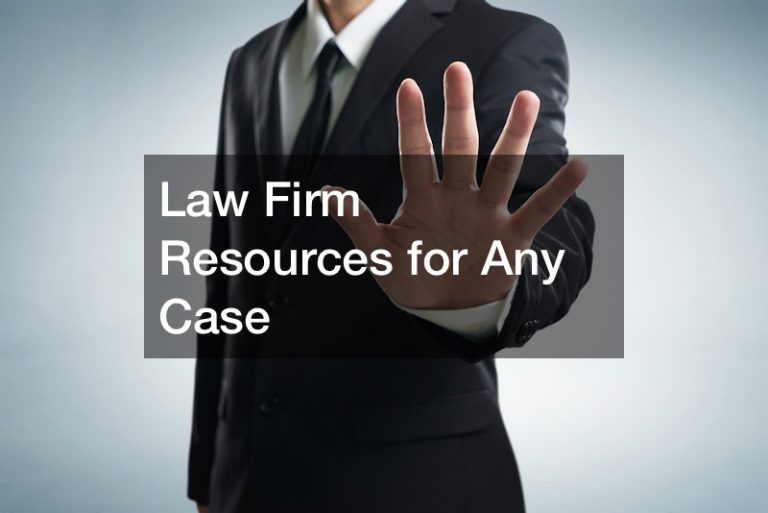3 Key Facts About Bankruptcy Law

Curious about bankruptcy law? Here are three key facts to understand.
1. Types of Bankruptcy: Understanding Chapter 7 and Chapter 13
Bankruptcy law primarily deals with two types of bankruptcy for individuals: Chapter 7 and Chapter 13. Chapter 7, often referred to as liquidation bankruptcy, involves the sale of a debtor’s non-exempt assets by a trustee. The proceeds are then used to pay off creditors. This type of bankruptcy is generally suited for individuals with limited income who cannot repay their debts. On the other hand, Chapter 13, known as reorganization bankruptcy, allows individuals to create a repayment plan to pay off their debts over three to five years. This type is beneficial for those with a regular income who can afford to repay a portion of their debts and wish to keep their assets, such as a home or car.
2. The Means Test: Determining Eligibility for Chapter 7
The means test is a crucial component of bankruptcy law, particularly for those considering Chapter 7 bankruptcy. This test assesses an individual’s income, expenses, and family size to determine whether they have sufficient disposable income to repay their debts. If the debtor’s income is below the median income for their state, they typically qualify for Chapter 7. However, if their income exceeds the state median, they must pass a more detailed means test analysis. This test ensures that Chapter 7 bankruptcy is reserved for those truly unable to repay their debts, thereby preventing abuse of the system.

3. The Automatic Stay: Immediate Protection from Creditors
One of the most powerful protections offered by bankruptcy law is the automatic stay. As soon as an individual files for bankruptcy, an automatic stay goes into effect, providing immediate relief from most creditor actions. This means creditors must cease all collection efforts, including phone calls, wage garnishments, and foreclosure proceedings. The automatic stay gives debtors a much-needed breathing space to reorganize their finances without the constant pressure of creditor harassment. However, it’s important to note that some exceptions exist, such as certain tax debts and child support obligations, which may not be halted by the automatic stay.





